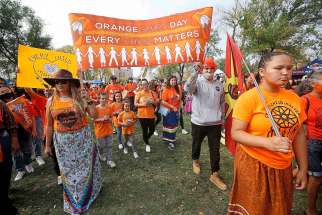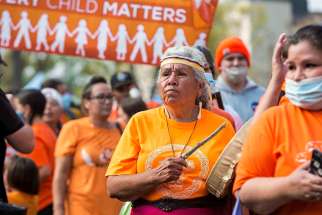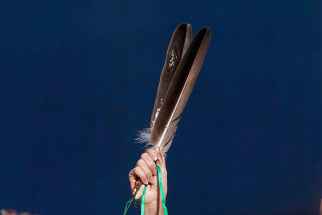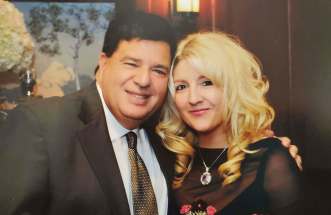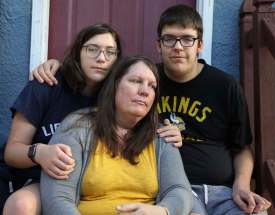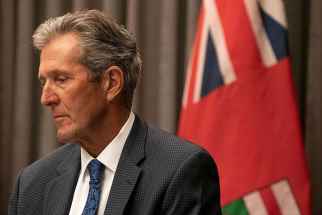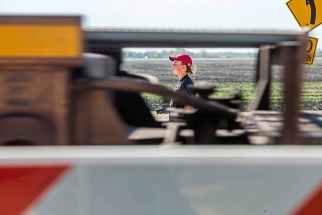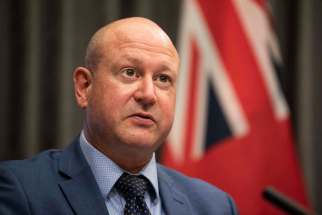Mourning has broken Manitoba families now able to host long-delayed funerals
Read this article for free:
or
Already have an account? Log in here »
To continue reading, please subscribe:
Monthly Digital Subscription
$0 for the first 4 weeks*
- Enjoy unlimited reading on winnipegfreepress.com
- Read the E-Edition, our digital replica newspaper
- Access News Break, our award-winning app
- Play interactive puzzles
*No charge for 4 weeks then price increases to the regular rate of $19.00 plus GST every four weeks. Offer available to new and qualified returning subscribers only. Cancel any time.
Monthly Digital Subscription
$4.75/week*
- Enjoy unlimited reading on winnipegfreepress.com
- Read the E-Edition, our digital replica newspaper
- Access News Break, our award-winning app
- Play interactive puzzles
*Billed as $19 plus GST every four weeks. Cancel any time.
To continue reading, please subscribe:
Add Free Press access to your Brandon Sun subscription for only an additional
$1 for the first 4 weeks*
*Your next subscription payment will increase by $1.00 and you will be charged $16.99 plus GST for four weeks. After four weeks, your payment will increase to $23.99 plus GST every four weeks.
Read unlimited articles for free today:
or
Already have an account? Log in here »
Hey there, time traveller!
This article was published 30/09/2021 (1531 days ago), so information in it may no longer be current.
The night before Paul Westdal’s cardiac surgery in April 2020, he asked his wife to promise him she would not hold his funeral until more people could attend.
It was in the early stages of the COVID-19 pandemic, and 45-year-old Westdal died of complications from the surgery a few days later.
His wife Jennifer honoured his wishes.
Last Thursday — 17 months and one day after his death — family and friends gathered at Southwood Golf and Country Club to celebrate his life.
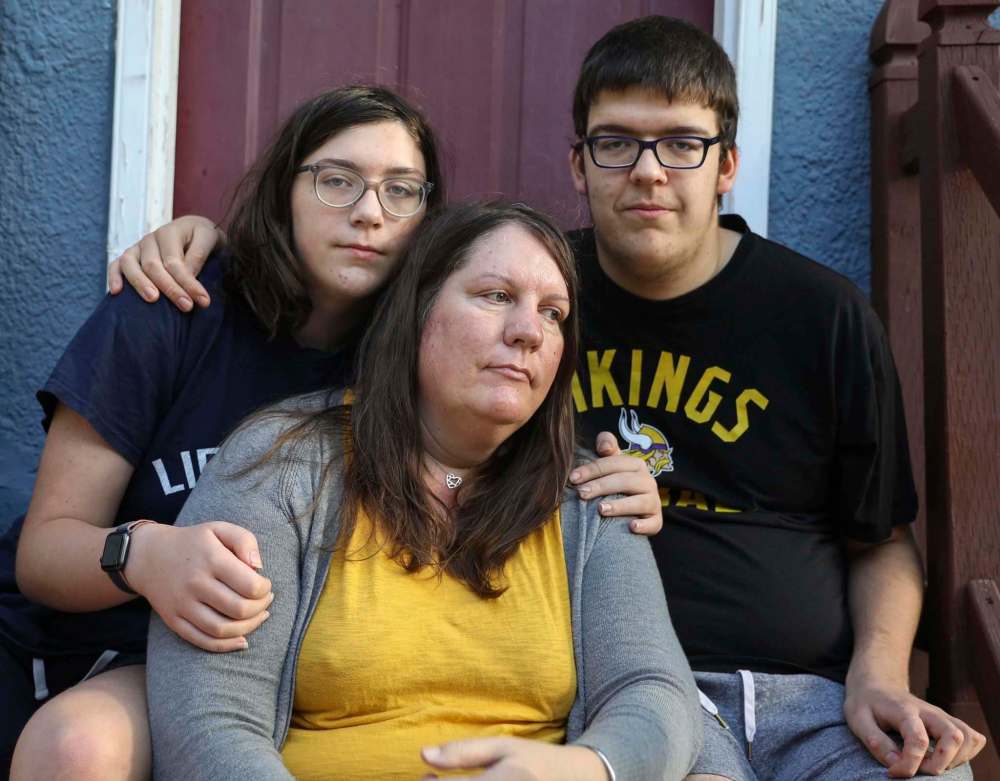
“We went out for a drive and he said, ‘If I die in this surgery, I don’t want you to have a funeral for me before you can really have a funeral. I don’t want you to sit in a church by yourself.’ We just didn’t know how long it would be,” Jennifer said.
The pandemic has been cruel on many fronts, in myriad ways.
People dying alone in hospital. Outbreaks and multiple deaths in long-term care facilities. Closed borders preventing families and friends from meeting in person for months at a time. Overworked and overwhelmed health-care workers. Shuttered businesses. Lost jobs.
And public-health measures designed to keep people safe, but necessarily preventing human connection after the death of loved ones, putting the process of grieving on hold for many.
But as vaccination rates have risen and — until recently — the number of cases had declined, health officials increased attendance numbers for a variety of gatherings, including funerals.
“We went out for a drive and he said, ‘If I die in this surgery, I don’t want you to have a funeral for me before you can really have a funeral. I don’t want you to sit in a church by yourself.'” – Jennifer Westdal
During the second wave last fall and winter, public-health orders permitted only five mourners at a funeral. Current rules allow 50 people, or 50 per cent of capacity of the venue, whichever is greater.
Arbor Memorial owns Glen Eden, Desjardins and Chapel Lawn funeral homes in Winnipeg. Glen Talbot, the company’s regional director of funeral service for Western Canada and Quebec, said a significant number of people are holding long-delayed services now.
“We have a lot of families who are stuck in time with their grief,” Talbot said. “A lot of families were not able to be at the bedside when (loved ones) passed. That is completely foreign to us… we all know how, when we go through tough times, we rely on our family and friends to get you through it. Without a funeral, these families were isolated. They went home by themselves.
“These people couldn’t progress through their grief.”
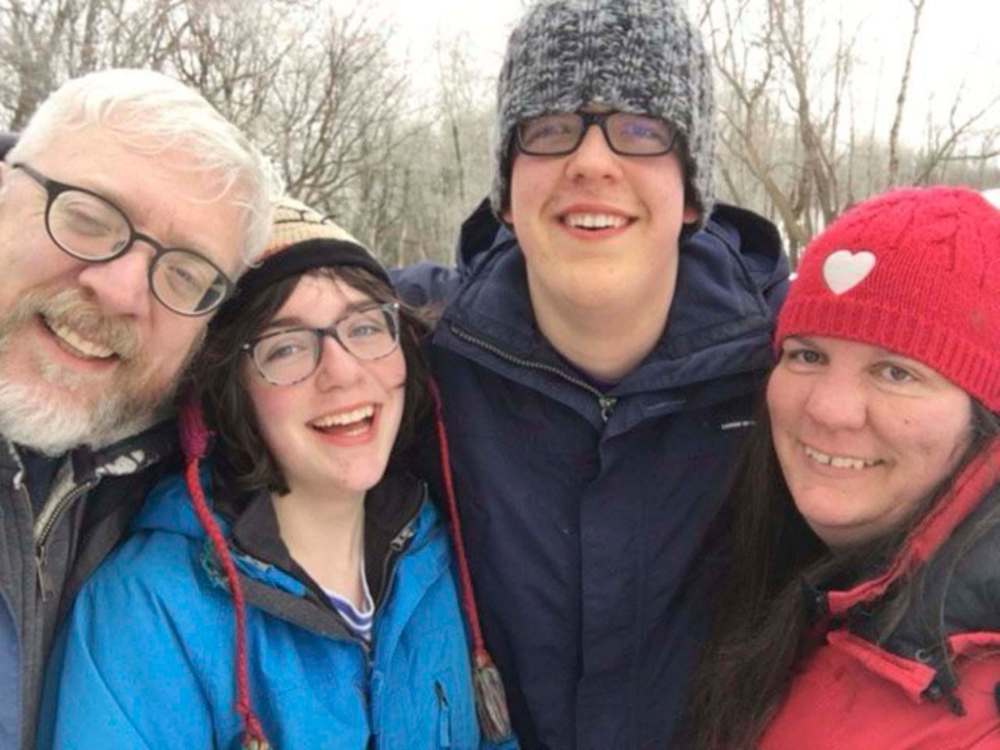
Paul Westdal was born Nov. 2, 1974, the youngest of three children, and raised in Pinawa.
Westdal moved to Winnipeg after graduating from high school in 1992 and began going to the University of Manitoba. He took some time off and worked in Lake Louise, Alta., and Dawson City in the Yukon before meeting Jennifer in 1997.
He came back to finish his university degree in 1998, and in 2001 he and Jennifer were married in Winnipeg. Their son Robertson was born in 2005 and daughter Veronica in 2007. Westdal worked for the Investors Group, the Canadian Wheat Board and its restructuring into G3 Canada, before going back to Investors Group.
But Jennifer said Westdal was also born with Marfan syndrome, an inherited genetic disorder that affects connective tissue, including the heart.
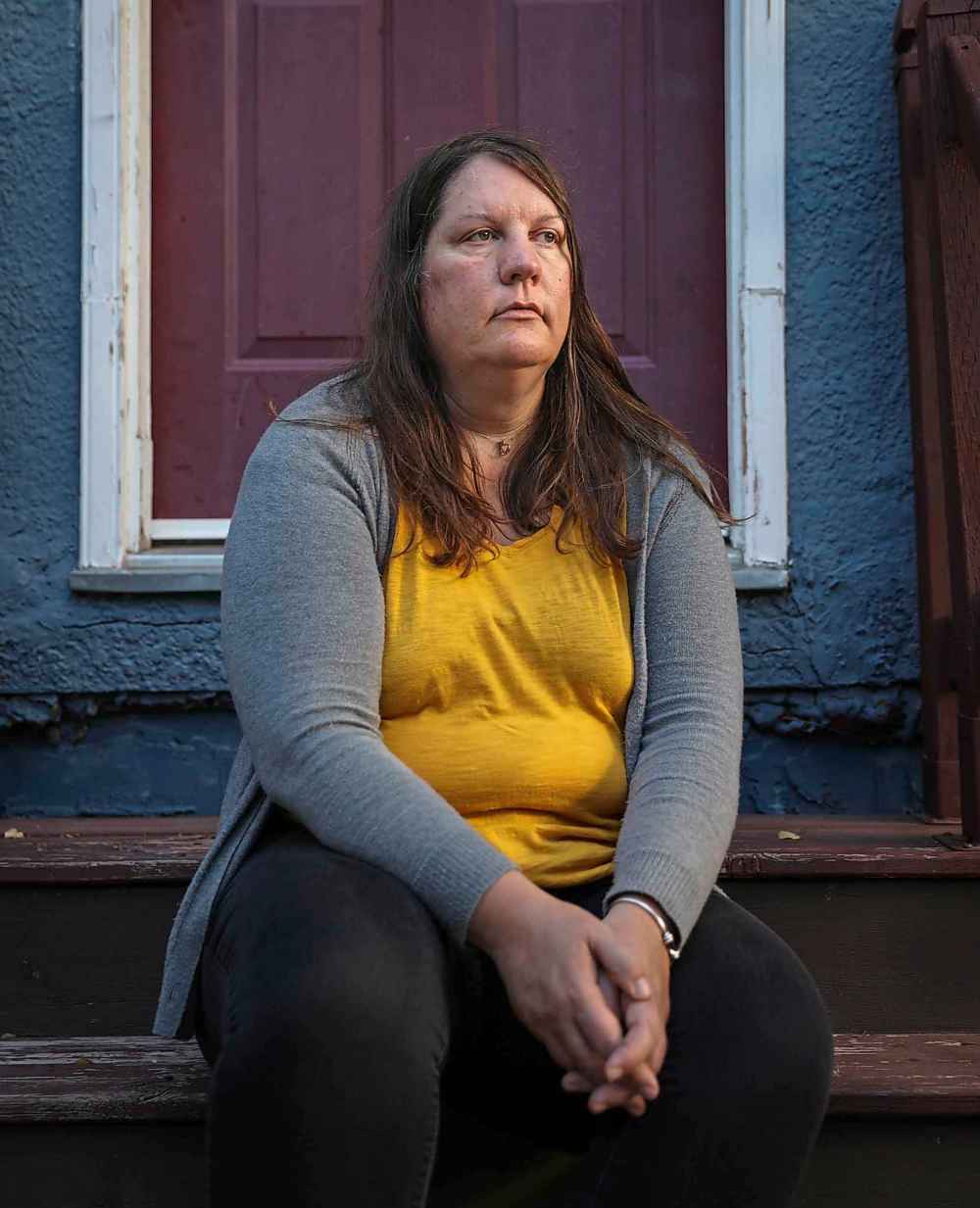
He first underwent cardiac surgery in 2019. His brother, David, who also had the syndrome, had cardiac surgery in 2017 and also died of complications.
Jennifer said her husband’s two surgeries were completely different because of COVID-19.
“I was in his room spending time with him after his first surgery and then, 11 months later, I dropped him off at the hospital and didn’t see him again until the hospital called to say you better come to say goodbye.”
Westdal died on April 22, 2020.
Jennifer said she waited until October to have the internment but, two days before, chief public health officer Dr. Brent Roussin announced COVID restrictions, one of which was reducing the number of people who could attend funerals to 10.
“I had to uninvite 20 people. That was really hard. That’s why I was trying to beat the fourth wave last week. I was anxious we’d end up having to cancel it, but we didn’t and it was a lovely evening.”
“I had to uninvite 20 people. That was really hard. That’s why I was trying to beat the fourth wave last week. I was anxious we’d end up having to cancel it, but we didn’t and it was a lovely evening.” – Jennifer Westdal
Although she began to move on with her life, she still knew she wanted to have the long-delayed celebration for her husband.
“It interrupts the grieving process when it is 17 months later,” she said. “But I was able to speak at it and I wouldn’t have been able to do that if the funeral had been right after he died.”
Kevin Sweryd, president of the Manitoba Funeral Service Association, said the eased restrictions now give families options.
“One person said 400 people would come, so we were able to find a church with a capacity of 900,” said Sweryd.
“…What we are also hearing is many people still want an online option because there are people not willing to come into a crowd now. That’s probably something that is here to stay.” – Kevin Sweryd, president of the Manitoba Funeral Service Association
“My colleagues are saying we are getting some of the COVID-delayed services now. But what we are also hearing is many people still want an online option because there are people not willing to come into a crowd now. That’s probably something that is here to stay.”
Sweryd said while public-health rules don’t require people attending funerals to be double vaccinated, some families are requesting that of their guests. He said masks must be worn except while sitting during a service or ceremony.
“Honestly, the average funeral is 50 to 100 people so it is easy to accommodate peoples’ wishes now,” he said.
“I just hope we never get down to five again.”
kevin.rollason@freepress.mb.ca

Kevin Rollason is one of the more versatile reporters at the Winnipeg Free Press. Whether it is covering city hall, the law courts, or general reporting, Rollason can be counted on to not only answer the 5 Ws — Who, What, When, Where and Why — but to do it in an interesting and accessible way for readers.
Our newsroom depends on a growing audience of readers to power our journalism. If you are not a paid reader, please consider becoming a subscriber.
Our newsroom depends on its audience of readers to power our journalism. Thank you for your support.

